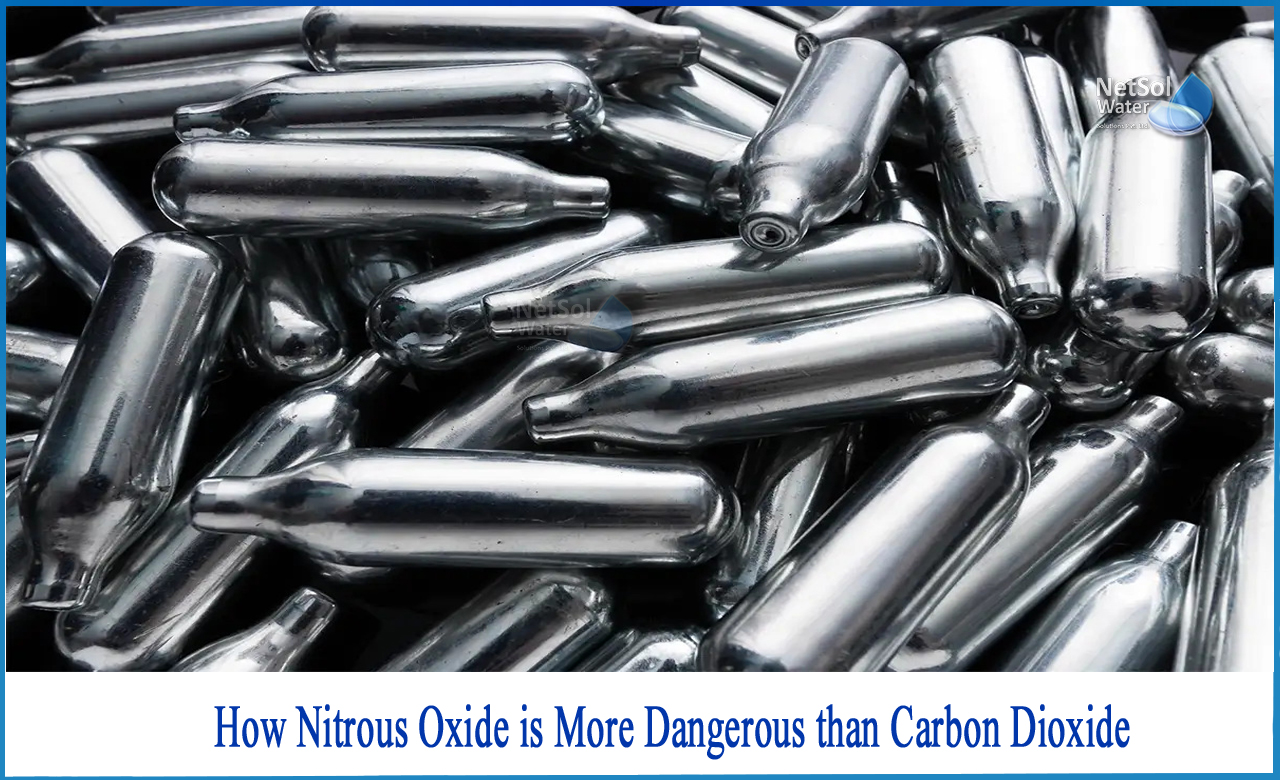How Nitrous Oxide is more dangerous than carbon dioxide?
When it comes to the global climate disaster, carbon dioxide emissions constitute a large, complex, and time-consuming challenge. But it isn't the only issue.
Other pollutants are also fast warming our climate, prompting scientists to rush to comprehend the ramifications before it's too late. Experts have been warning for years about the dangers of one pollutant in particular—nitrous oxide—but there has been little worldwide action on it.
Nitrous oxide is much more powerful than carbon dioxide and depletes the ozone layer! Because it has a shorter life history, lowering it might have a quicker and more dramatic influence on global warming.
However, agriculture is the main producer of nitrous oxide, particularly fertilized soil and animal dung, making it more difficult to control. One may envisage restricting carbon dioxide, methane, and a variety of other pollutants. However, nitrous oxide is primarily a food production concern.
The effect of Nitrous Oxide
According to the Government, nitrous oxide, like other greenhouse gases, absorbs radiation and stores heat in the atmosphere, where it may linger for an average of 114 years. This places it in a type of super pollutant middle ground.
In comparison to carbon dioxide, which may stay in the atmosphere for hundreds of years, nitrous oxide is only present for a brief period of time.However, it remains in the atmosphere for a longer period of time than other short-lived climatic pollutants such as black carbon (which lingers in the atmosphere for days) or methane (which is around for 12 years).
Nitrous oxide also offers a second concern because, when in the stratosphere, it is exposed to sunshine and oxygen, converting the gas into nitrogen oxides. Nitrogen oxides have the potential to deplete the ozone layer, which humans rely on to keep the majority of the sun's UV radiation from reaching the earth's surface.
What is the Source of Nitrous Oxide?
Human activities account for around 40% of nitrous oxide emissions, with the bulk of these resulting from land usage, mainly agriculture. Agriculture is responsible for approximately 75% of all N2O emissions from human activities in India.
Livestock manure, particularly in bigger farming operations, has a two-pronged emissions problem: it releases a considerable quantity of methane, but it can also produce nitrous oxide.
When farmers apply nitrogen fertilizer to their soil to encourage plant development, only about half of it is absorbed by the plant. The remainder can be washed away in groundwater or released as nitrous oxide or other gases.
Agriculture, however, is not the sole problem. Nitrous oxide is also released when fuels are burnt, although the amount varies depending on the kind of fuel and the combustion mechanism utilized. It is also produced as a by-product of the manufacture of chemicals such as nitric acid (used in fertilizer) or adipic acid (used to make nylon and other synthetic products). Nitrous oxide can be produced during the treatment of household wastewater.
MABR Technology and Emission Reduction
While nitrous oxide emissions during wastewater treatment are understudied, there is a general link between nitrogen and nitrous oxide removal rates, hence there is no intrinsic trade-off between effluent quality and decreased nitrous oxide emissions.
The membrane aerated biofilm reactor (MABR) technology at the heart of many Netsol wastewater treatment, eliminates 90 percent of nitrogen, with nitrous oxide emissions that are 50-60% lower than with traditional wastewater treatment technologies.
Various Netsol Wastewater treatment units employ MABR to achieve outstanding nutrient removal rates. These are also available as stand-alone plants. Such a technology has several advantages, including increased energy efficiency. Aeration is the most energy-intensive component of biological treatment, and MABR reduces aeration power requirements by 90%.
It is a robust technology that requires less maintenance and operation than activated sludge facilities. To discover more about how MABR minimizes nitrous oxide emissions, contact our experts.
Netsol Water is Greater Noida-based leading water & wastewater treatment plant manufacturer. We are industry's most demanding company based on client review and work quality. We are known as best commercial RO plant manufacturers, industrial RO plant manufacturer, sewage treatment plant manufacturer, Water Softener Plant Manufacturers and effluent treatment plant manufacturers. Apart from this 24x7 customer support is our USP. Call on +91-9650608473, or write us at enquiry@netsolwater.com for any support, inquiry or product-purchase related query.



